Podcast Episode #48: Bri’s Postpartum Story
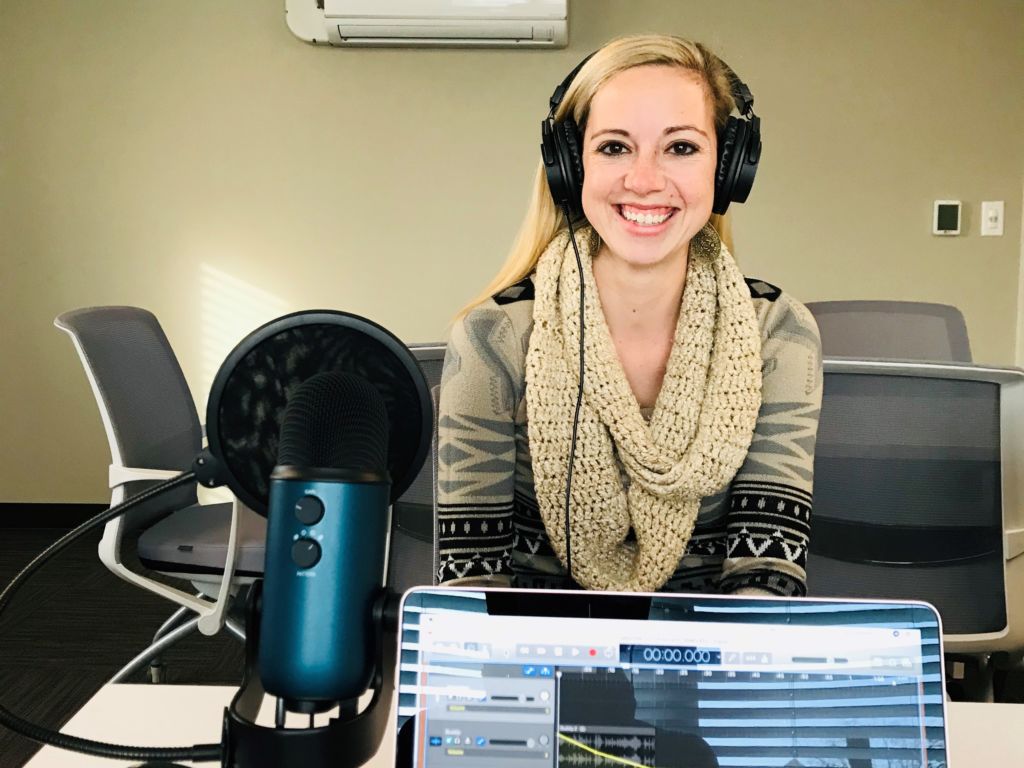
In this episode our dear friend, Bri Luginbill of BetterBodyImageConference.com tells us about her struggle with depression and anxiety before, during, and after pregnancy. You can listen to this complete podcast episode on iTunes or SoundCloud. Alyssa: Welcome to another episode of Ask the Doulas. I’m Alyssa, and today I’m so excited to be talking […]
Podcast Episode #47: How to be a Mompreneur
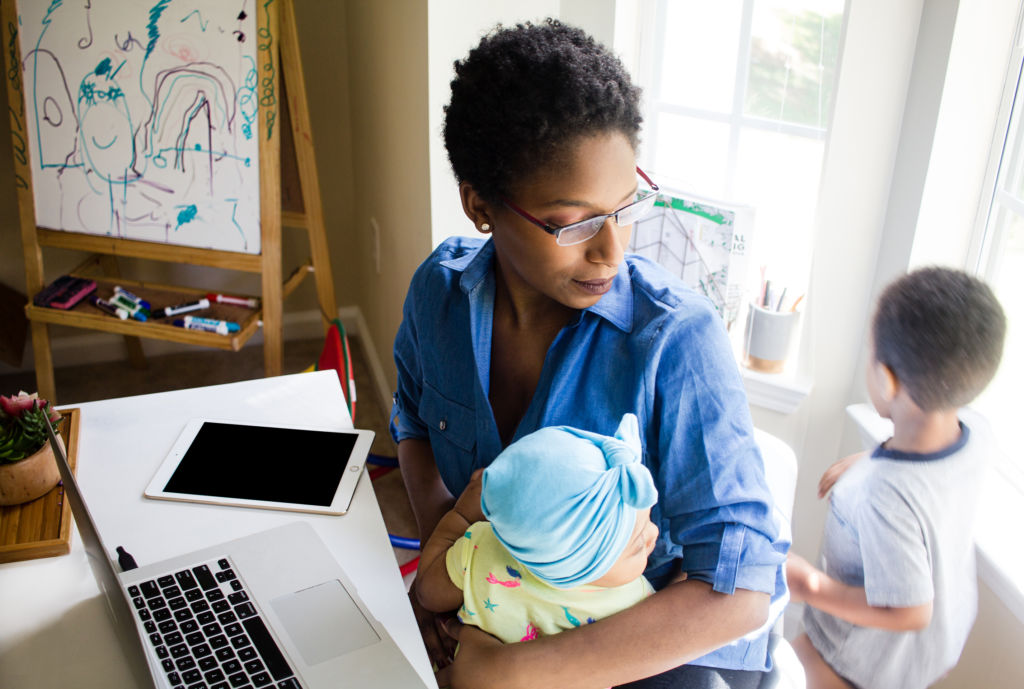
Alyssa and Cindy have a thoughtful conversation about what it’s really like to be mother and entrepreneur. Setting realistic expectations and learning to be intentional with your time as a business owner and a mom is important. Listen to see if they have tips for you! You can listen to this complete podcast episode on […]
Meet Kelsey, our newest Certified Postpartum Doula!
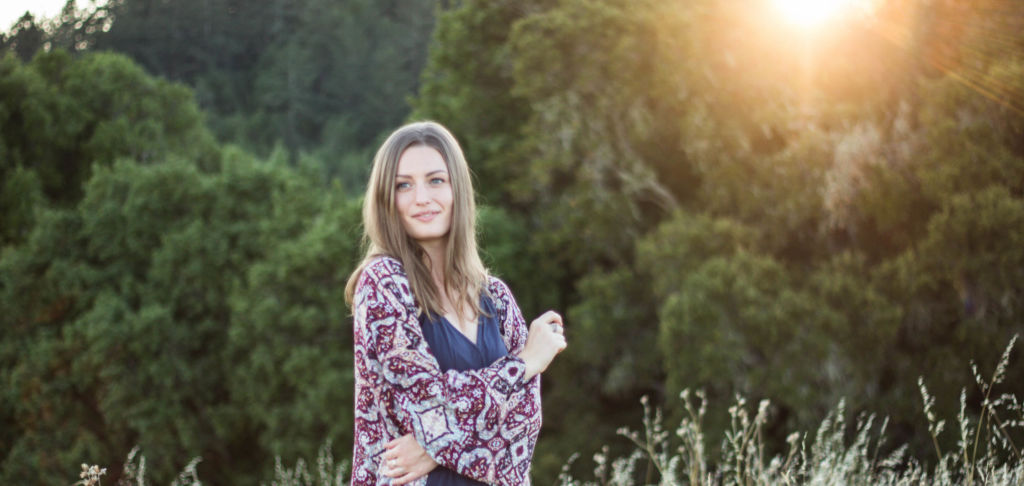
1) What did you do before you became a doula? I have always secretly been a doula, just in other facets. Before becoming a doula, I ran a mental wellness day center in northern California, and I also worked at an emergency youth shelter looking to reduce rates of domestic violence, child abuse, and human […]
Podcast Episode #46: Plant-Based Diet
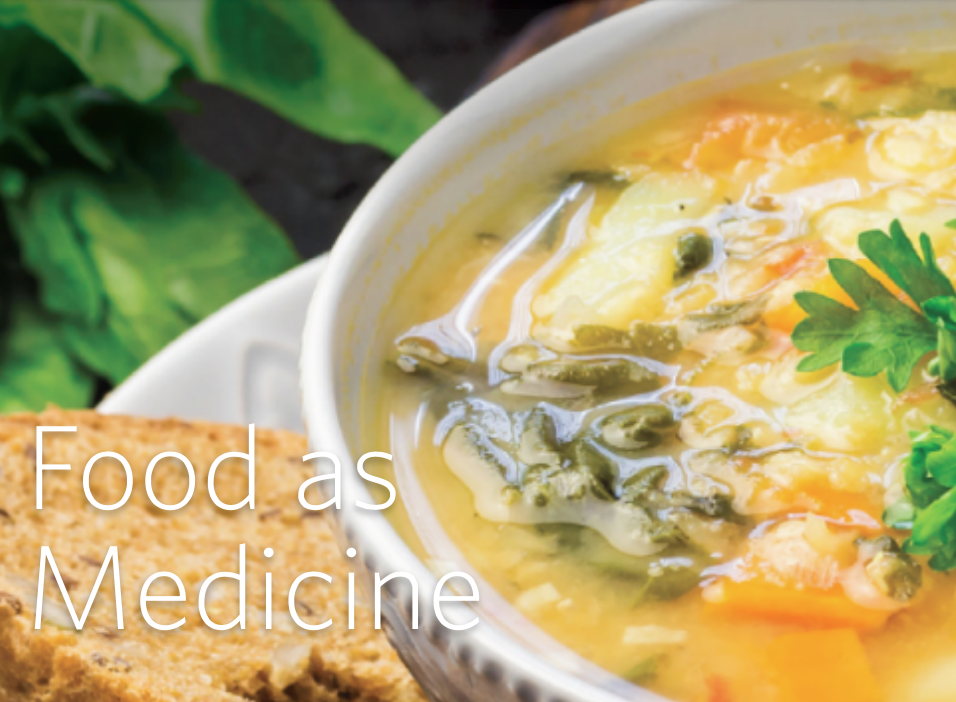
Today we talk to Dr. Kristi Artz, the medical director for Lifestyle Medicine at Spectrum Health in Grand Rapids. She is also the lead physician of the culinary medicine program and talks to us today about what a plant-based diet is and how it can work for your family. You can listen to this complete […]
Healthy Prenatal Strategies for Pregnant Women
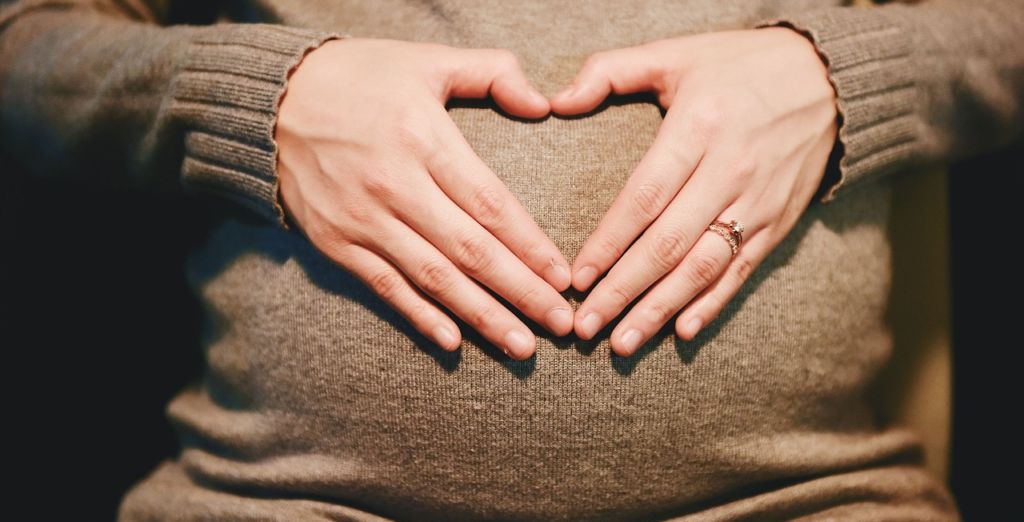
During pregnancy, the best health strategies are often those that can be incorporated into one’s everyday life. As a woman’s size increases and her mobility decreases, the ability to engage in physical activity gradually diminishes, which places a greater emphasis on other health habits that can help her maintain a healthy pregnancy weight and engage […]
Podcast Episode #45: Babywearing
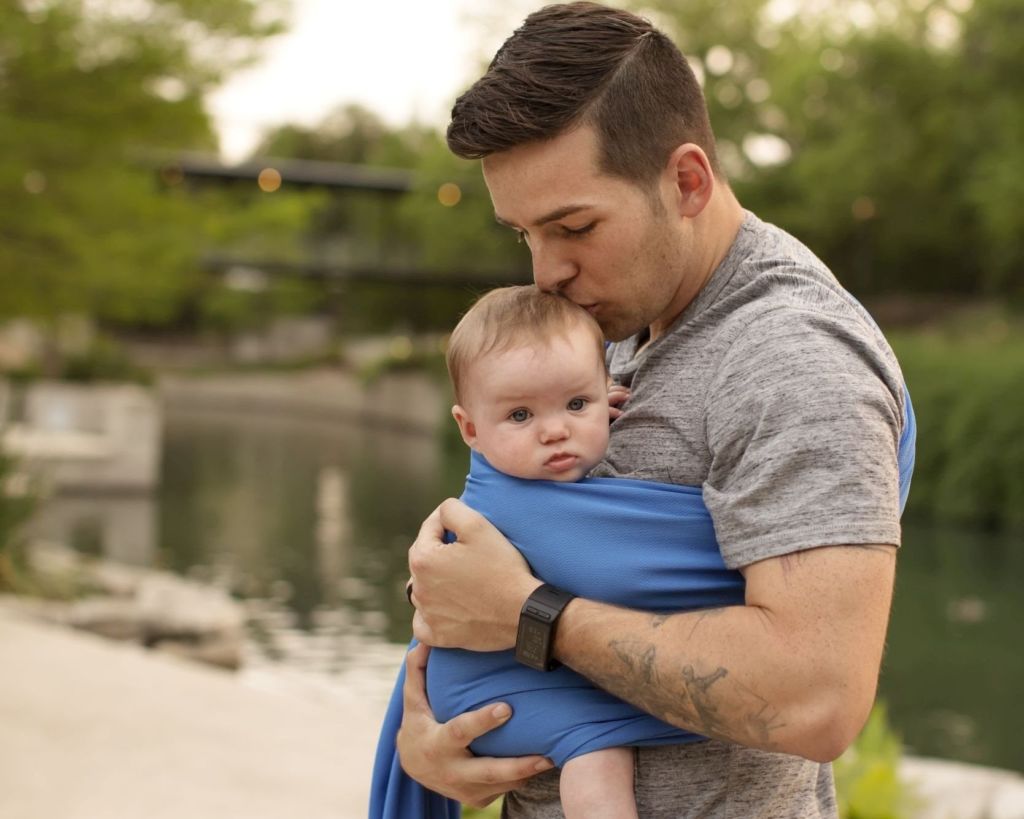
What are the best baby carriers and wraps? Can you wear twins? Today we talk to babywearing expert Marissa Berghorst, owner of EcoBuns Baby + Co in Holland, Michigan. You can catch this complete podcast episode on iTunes and SoundCloud. Alyssa: Hello again! Welcome back to Ask the Doulas. I am Alyssa Veneklase, co-owner and […]
Gold Coast Doulas Give Back
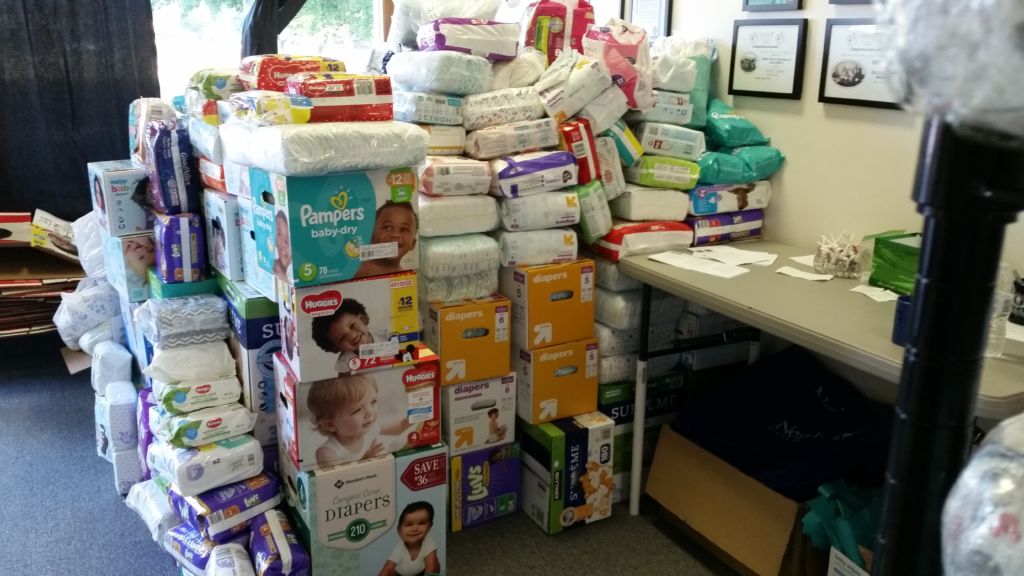
The final numbers are in for the Gold Coast Doulas LLC diaper drive for Nestlings | Diaper Bank of West Michigan. We collected 18,963 disposable diapers and 142 wipes. These diapers are packed in groups of ten to impact 1,896 families in need. We are thankful to all of our clients and community members who donated from September […]
Podcast Episode #44: Kids and Sex
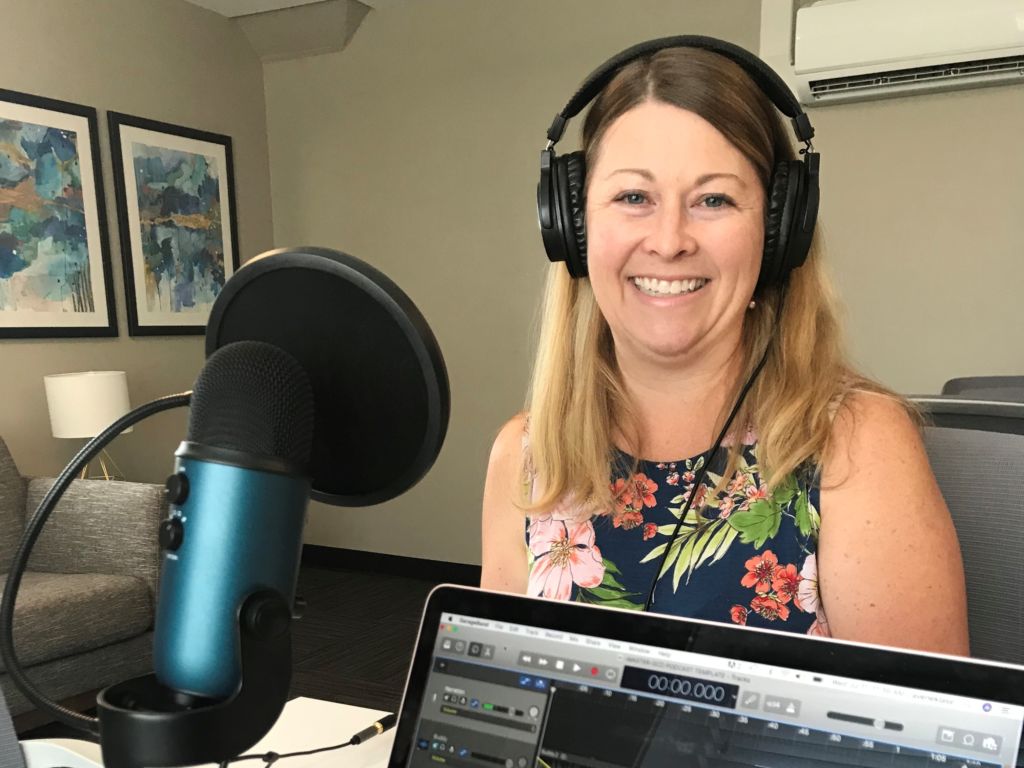
Today we talk about sex. How do you discuss it with your kids? What’s age appropriate? How much is too much information? Cindy, a former PA, gives us some good advice on how and where to start the conversation with your kids. You can listen to this complete podcast episode on iTunes or SoundCloud. Alyssa: […]
